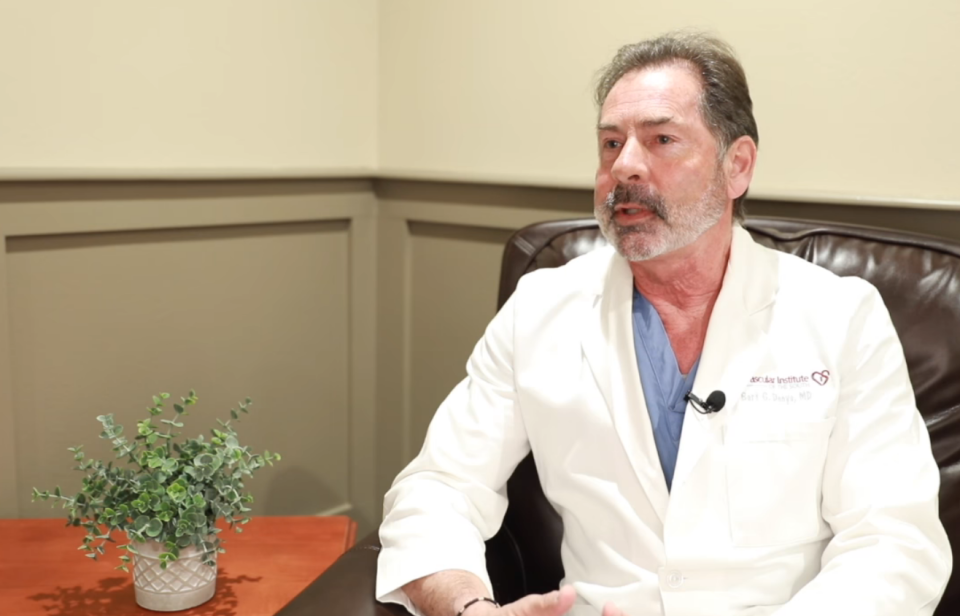
Houma Police looking for suspect who broke window of business Friday morning
May 31, 2019
Get Moving With Thibodaux Regional Medical Center | Obstacle Course Fun!
June 1, 2019(BPT) – Approximately 80,000 Americans are diagnosed with bladder cancer each year. Despite the number of people diagnosed, many people feel isolated and embarrassed when it comes to sharing information about their symptoms – even with doctors.
If you’ve recently been diagnosed, it’s important to remember that there is no shame in living with bladder cancer. Talking about something so personal can feel overwhelming at first, but open communication with your care team is an important first step.
The following tips are intended to help start a dialogue toward getting your questions answered. Don’t let the fear of discussing bladder cancer prevent you from getting the care and support you need. The more you practice, the easier it will become.
Before appointments, do your homework.
Visits with your doctor will go by fast, so show up prepared to make the most of the time you have together. Between appointments, keep a daily diary of your symptoms and be sure to note if you experience anything new or unusual. Also make a list of questions you have – about medicines, surgery, intimacy, and how you are feeling – and bring it with you. It’s easy to get nervous and forget the things you want to ask so having a list will help you feel more confident in getting the answers you need.
This is your time, so don’t worry about asking too many questions. Dr. Elisabeth Heath from the Karmanos Cancer Institute at Wayne State University reminds patients, “You should not leave that doctor’s office until you have your questions answered.”
Enlist a second set of ears.
In addition to providing valuable emotional support, bringing a family member or close friend along to appointments can ensure that someone else is there to capture important feedback. As you go through the list of questions with your physician, ask your loved one to listen and take notes. It will be one less thing for you to worry about, and a helpful way for them to understand what you’re experiencing and how they might be able to help.
Talk about what’s still ahead.
Bladder cancer can be a life-changing diagnosis, and you’re likely wondering what types of changes you’ll be facing in the short and long term. As you talk to your doctor about next steps following diagnosis, make sure to discuss what your hopes are in terms of quality of life. Whether you’re curious about preserving continence, using a catheter or sexual function, having this information will help you to make decisions and adjust to what comes your way.
Hear what your community has to say.
There’s an entire community of people like you who are eager to share their experiences and advice. Visit the Let’s Target the Tough Stuff YouTube channel at https://bit.ly/2HB9r4F to listen to healthcare professionals and members of the bladder cancer community talk about how people with bladder cancer and their loved ones can work with their care team to tackle difficult conversations together.
Sponsored by Astellas Pharma US, Inc. and Seattle Genetics, Inc.








